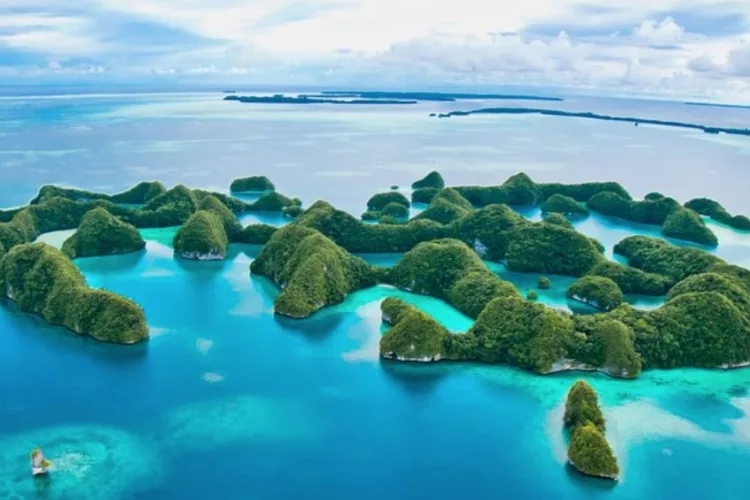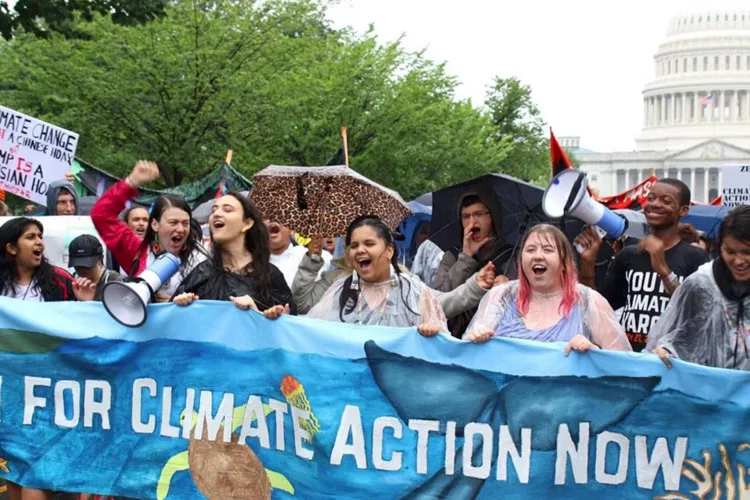
The weather is warming up and we are dreaming of our next trips. Whether it’s flying or by train, on the road in cars or bikes, this is clearly a crucial time to rethink travel – hit the road, by all means, take to the air or waterways, but remember, travel thoughtfully.
Tourism is one of the most polluting industries in the world with serious consequences to natural resources, consumption patterns, pollution and social systems.
The idea of sustainable tourism has become a popular response to the devastating impacts of travel and the tourism industry. Sustainable tourism allows for adventurous journeys while reducing long term social, economic, natural and cultural impacts. Many people are backing the idea of sustainable tourism, especially post-quarantine; several magazines, like Ecomadic, are great resources of vital importance.
Also consider going local and camping. And if you do that consider investing in secondhand camping gear.
Our 5 tips to decrease your environmental impact while traveling
1. Research the most efficient and sustainable mode of transportation.
In general, air travel has serious environmental impacts through noise and air pollution. Some airlines offer low-carbon and fuel-efficient flights; airlines such as American and JetBlue invest and use renewable biofuels, which are said to decrease your carbon footprint. Alternatively, if there are other transportation options, like a bus, train or boat, take them; these options are much less harmful to the environment. But try to avoid cruise ships, as they are not sustainable and bring little benefit to local communities.
2. Stay at ethical and sustainable hotels.
Whether you choose a hostel or a five-star hotel, be conscious of their eco-friendly initiatives and sustainable practices. In addition, there are a few things you can do to help.
First, hang up your towels (if they are not too dirty). Hanging up towels is the universal sign that you’re okay with reusing them; it’s an effortless way to conserve water. Also, if you have space in your bag, try to bring your own toiletries. The little hotel shampoos may be cute, but they are incredibly harmful to the environment. And finally, don’t have your room cleaned daily. Put the ‘do not disturb’ sign on your door to avoid extra water, electricity and chemical usage.

3. Support LOCALS
Unfortunately, much of the money from the tourism industry ends up in the hands of international corporations instead of the local community, who genuinely need and deserve it. Frequenting locally owned hotels, restaurants, stores, tours, etc., instead of big chains, can increase social sustainability. Not only are you supporting the community and contributing to their economy, but you are also getting a more authentic experience!
4. Pack with the environment in mind!
The lighter you pack, the less fuel the plane uses. If possible, it’s best just to bring a carry on. Packing is always tricky but resist the urge to pack three different outfits for each day because, chances are, you will not wear all of them.
Additionally, packing zero-waste items, like reusable water bottles, bags, and travel mugs, can reduce the amount of single-use plastic used and discarded during travel. In countries where drinking water is safe, a reusable water bottle dramatically cuts down plastic waste. On the other hand, if the drinking water is not-so-safe, recycle the plastic water bottle whenever possible!
Also, check out our article on the most sustainable options for luggage.
5. Offset your carbon footprint.
A carbon offset is a way to compensate for your carbon footprint (the amount of carbon emitted by a particular person) by saving your carbon dioxide emissions elsewhere. Carbon offsetting is excellent because it is a low-effort and cost-efficient way to reduce greenhouse gas emissions. A lot of airlines offer carbon offsetting when you book your ticket!
For a small extra charge, the airline will donate the money to sustainable projects like tree planting, and just like that, your emissions are compensated for. Many different companies specialize in carbon offsetting and offer it for a low price.
Everyone should look into carbon-offsetting options when traveling.
Keep these tips in mind when planning your next vacation to have a fun, safe AND sustainable trip.






